Compulsive gambling is a progressive behavior disorder in which an individual has an uncontrollable preoccupation and urge to gamble, emotional dependence on gambling, and loss of control. Compulsive gambling is considered a form of addiction. Compulsive gambling is a chronic condition: relapse after treatment is a real risk.
Gambling
Gambling is any time you bet money or place something of value at risk in hopes of winning something of greater value. Gambling becomes a problem anytime it negatively affects any aspect of your life. Gambling debts may compromise one’s financial stability, cause problems with family and work, and prompt some individuals to engage in illegal activities, including espionage, as a means of covering their losses. Gambling can indeed become a life-threatening disease.
Money
Do I need to bet with money in order for it to be considered gambling. While most people gamble with money, others bet with things they own, such as CDs, jewelry, clothing or something else. It’s not the amount of money or value of the item that you risk losing that determines whether you’re gambling. People who gamble risk losing more than money or the things they own or value. They may betray the trust of loved ones by concocting outrageous lies as to where lost money has gone.
Anonymous
Treatment options include individual and group psychotherapy, and self-help support groups such as Gamblers Anonymous. Gamblers Anonymous follows the same pattern as Alcoholics Anonymous, including the same 12-step treatment program. The Gamblers Anonymous concept is that compulsive gamblers are really very sick people who can recover if they will follow to the best of their ability a simple program that has proved successful for thousands of other men and women with a gambling or compulsive gambling problem. Our experience has shown that the Gamblers Anonymous program will always work for any person who has a desire to stop gambling.
Information
24-hour Confidential HelpLine1- 888-ADMIT-IT(1-888-236-4848) If you are seeking information about problem gambling, you can call the HelpLine or post a message. Doesn’t matter if you’re looking for information for yourself or someone else, they’ve got just what you need. The Helpline provides 24-hour telephone coverage, supportive intervention and resource and referral information to persons seeking assistance regarding problem gambling. GAM-ANON provides information and help for the family members or friends of compulsive gamblers.
Conclusion
Compulsive gambling is a problem that exists in other countries and in the United States. However, just like other addictions, compulsive gambling is diagnosable and treatable. If nothing else, “What’s needed,” experts say, “is a greater public awareness that compulsive gambling is a serious problem.”
By Scott Allen Barker
For effective motivational/stress relief techniques, sign up for one of my free ecourses at:
Free 30 Day Motivational Ecourse

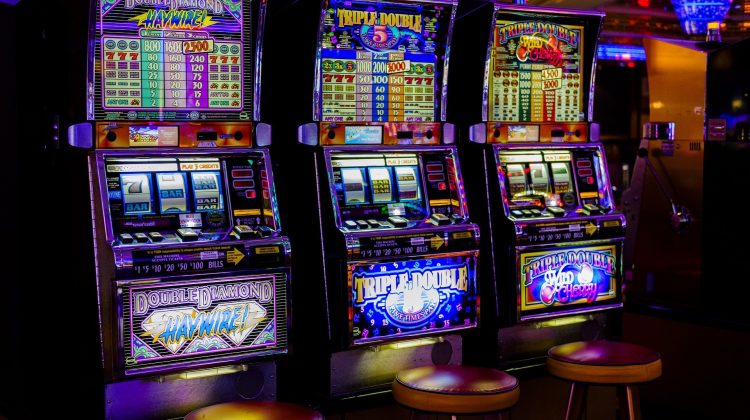

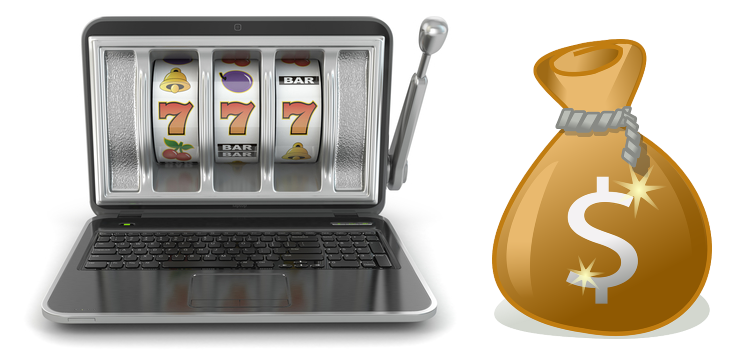

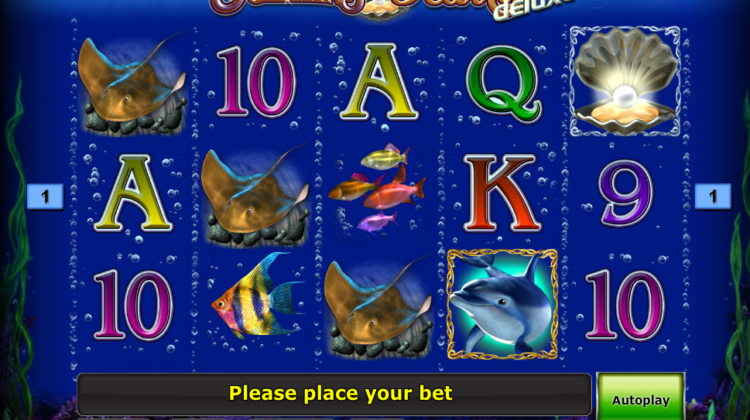



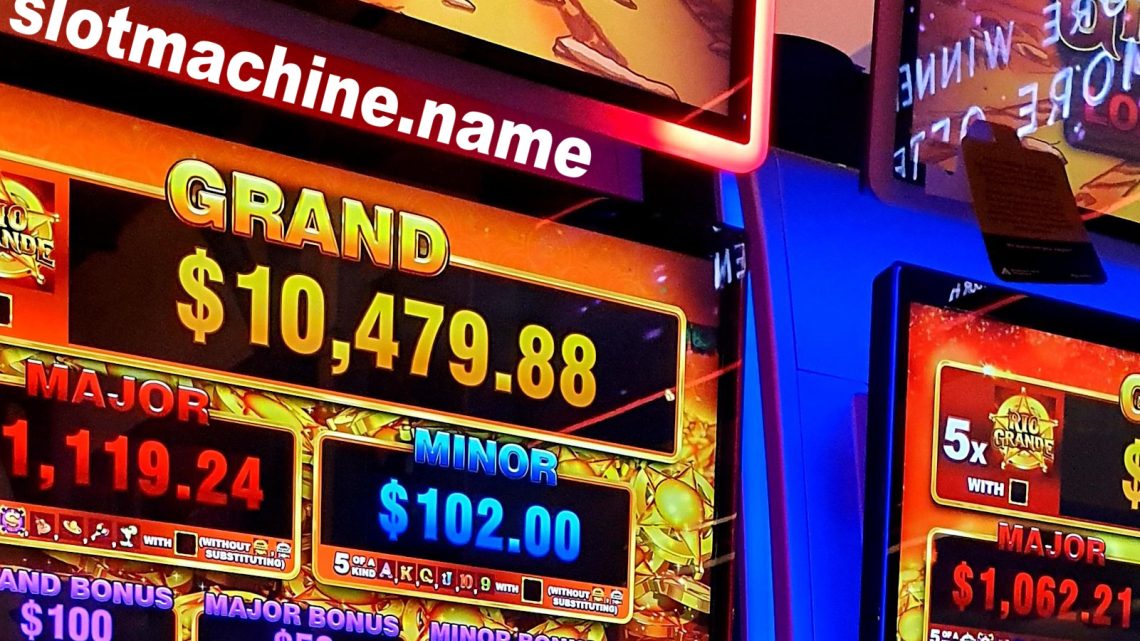
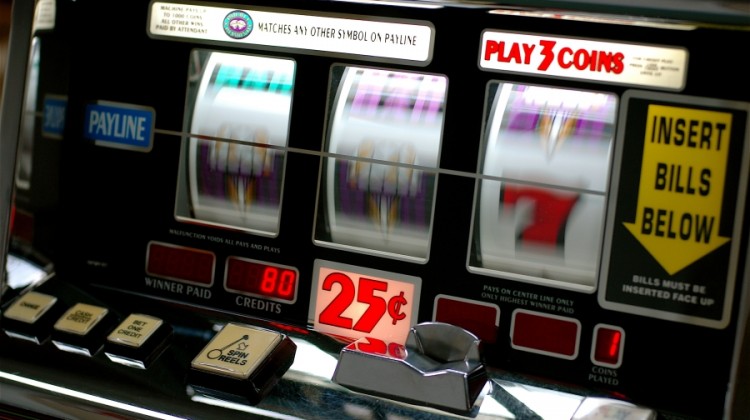
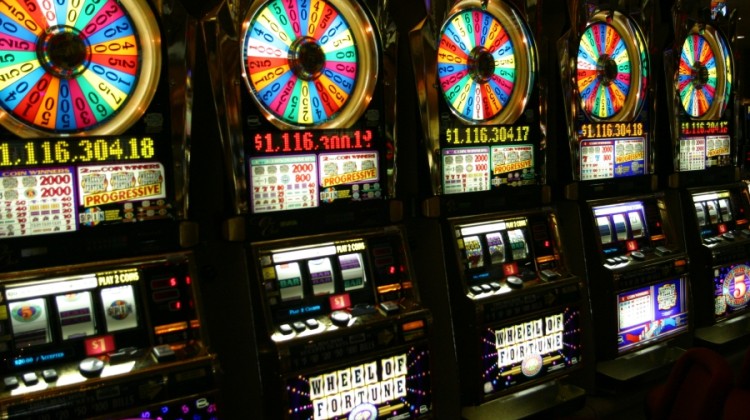
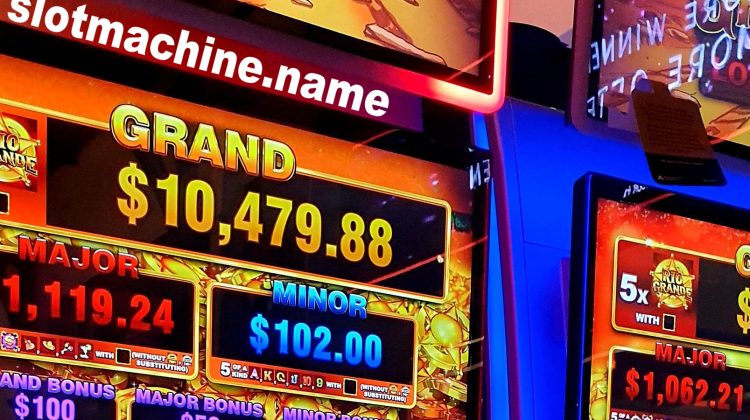
No Comment